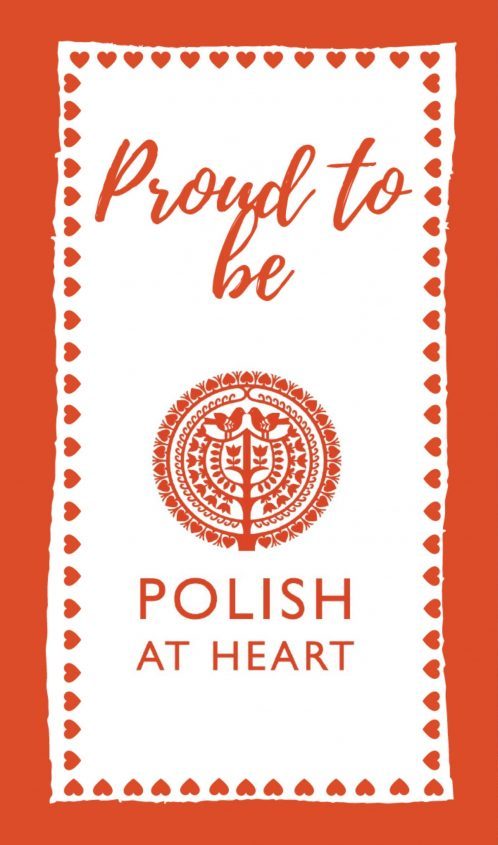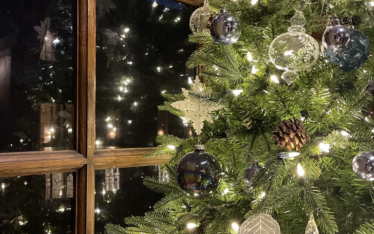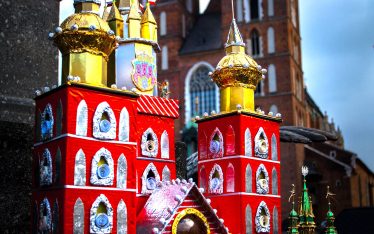I’m not sure how aware I was that new kolędy (carols) are constantly being conceived as we tend to sing the ones we know from childhood, many dating from the 18th century and beyond. On a recent trip to Kraków I had the pleasure of meeting the talented poet Leszek Wysocki who has composed a series of new kolędy and pastorałki (pastorales).
Deeper meanings
“Kolędy are an endless treasury of our best religious, national, artistic and most intimate values and emotions related to childhood, Christmas Eve, the tree, pasterki (Christmas Eve Mass) and singing carols with family and in church”, says Roman Mazurkiewicz a scholar of kolędy.
Polish kolędy often take on a deeper meaning such as „Nie było miejsca dla Ciebie” (There was no place for You), written in 1939 and purportedly sang often by prisoners in Nazi concentration camps and Soviet gulags but popularised again recently by Polish celebrities or „Psalm o gwieździe” (Psalm of the star) from a musical premiered at the time of martial law in Poland in 1981 and it’s hidden theme in following the star of the togetherness of the Solidarność movement.
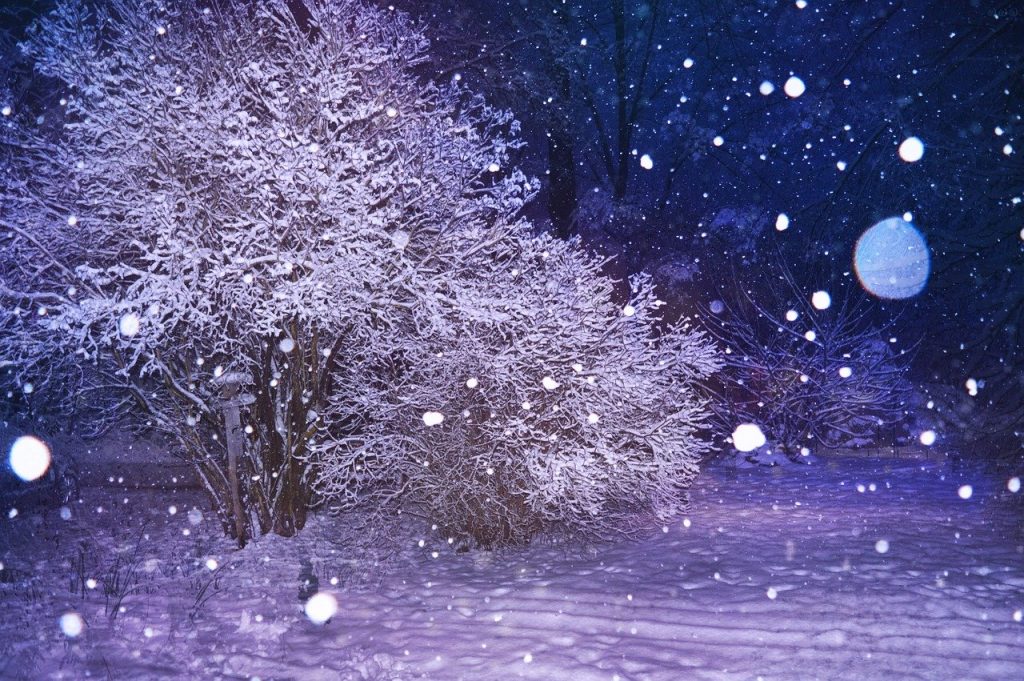
This tradition dates back to „Bóg Się Rodzi” (God is born), written by Franciszek Karpiński and presented in 1792 at the court of Izabela (Czartoryski) Lubomirska, it is set to a melody known to be a majestic coronation polonaise for Polish Kings as far back as Stefan Batory in the 16th century. Its last verse, „Podnieś rękę Boże Dziecię, błogosław Ojczyznę miłą” (Raise Your hand now, Child of Glory, bless our homeland now and ever) referred to the country struggling under the partitioning powers of the 19th century but has gained new meanings in Poland’s further conflicts, with words being changed or added. In 1918 as a new country dawned it became „Bóg się rodzi, wstaje Polska, Z Boskiej woli wielki cud”. (God is born, Poland rises, miracle of God’s will) and was even suggested as the national anthem.
Collections of kolędy
Father Michał Marcin Mioduszewski created the largest collection of kolędy and pastorałki in his Great Church Songbook in 1838. Mioduszewski was also the first person to divide Christmas songs into carols and pastorals. If you are wondering about the difference between kolędy (carols) and pastorałki (pastorales), kolędy refer to those sung in church and pastorałki are sung in the home as their themes are not as religious and have specific regional origins.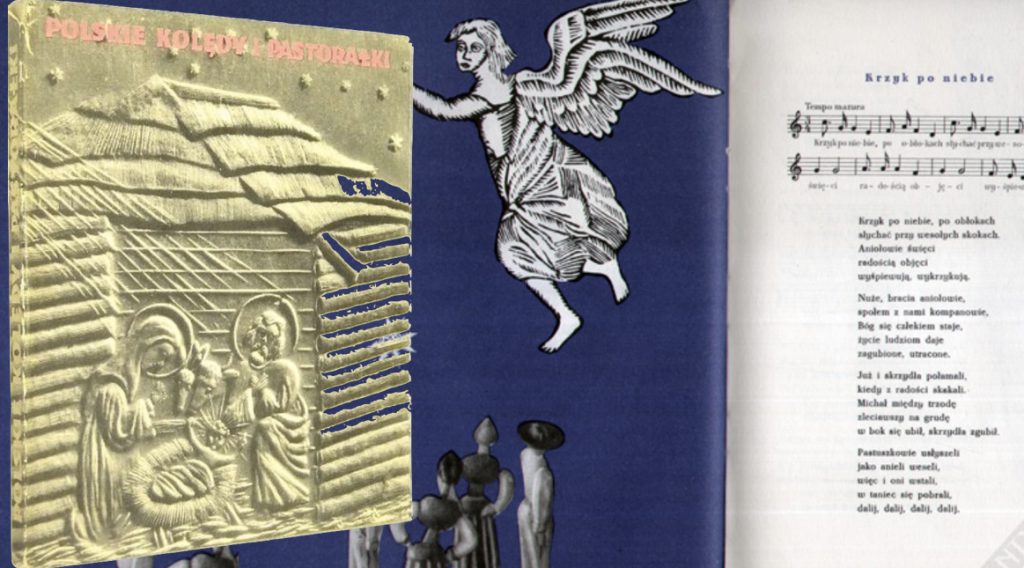
I learned many of my kolędy from a hardback book we had at home – Polskie Kolędy i Pastorałki. I wonder if anyone else has the book, published in Poland in 1957 – Polskie Kolędy i Pastorałki. The new collection by Leszek Wysocki with music by Anna Moszczyńska titled Misterium Betlejemskie (click here) is available in Canada through this site.
Oj Maluśki, maluśki
“O Little One” – One of my favourite pastorałki of a religious nature, therefore sung in church, comes from the 18th century, appearing in manuscripts from Franciscan monasteries in Kraków as early as 1808 and is said to come from the Podhale region (foothills of the Tatra mountains) but the author is unknown, often sung in the góral (highlander) dialect as here:
W Dzień Bożego Narodzenia
“On Christmas Day” – This too was composed in the 18th century and is an often forgotten kolęda but I just love the fact that birds have a role to play in Christmas, particularly „kur na grzędzie krzyczy wszędzie – wstańcie ludzie bo dzień będzie… “the cock on his perch crows: get up people, the day’s begun, rush to Bethlehem to greet God in human flesh”
Witaj Gwiazdko Złota
This 19th century kolęda sung by children and opera singers alike, tells of the star we welcome at the start of the Wigilia (Christmas Eve) supper, the Christmas story and with a beautiful melody feels to me like an ode to the Polish Kolęda finishing with the words “Hej Kolęda, Kolęda”. Sung at home by my Mum and Dad, I always ask them for a rendition. This is the version popularised by Irena Santor:
Kolędy and pastorałki are an endless treasure of our collective Polish values which evolve and adapt with our nation and its destiny. Essentially though, they’re different interpretations of the Christmas story and in the words of Leszek Wysocki:
that we may have light in us, through which others will see You! ”
If you liked this post you may also like:

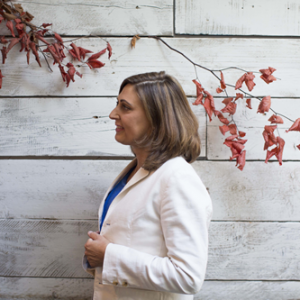
 1.Tracing Family History pre-WW2
1.Tracing Family History pre-WW2 2. Tracing Family History WW2
2. Tracing Family History WW2